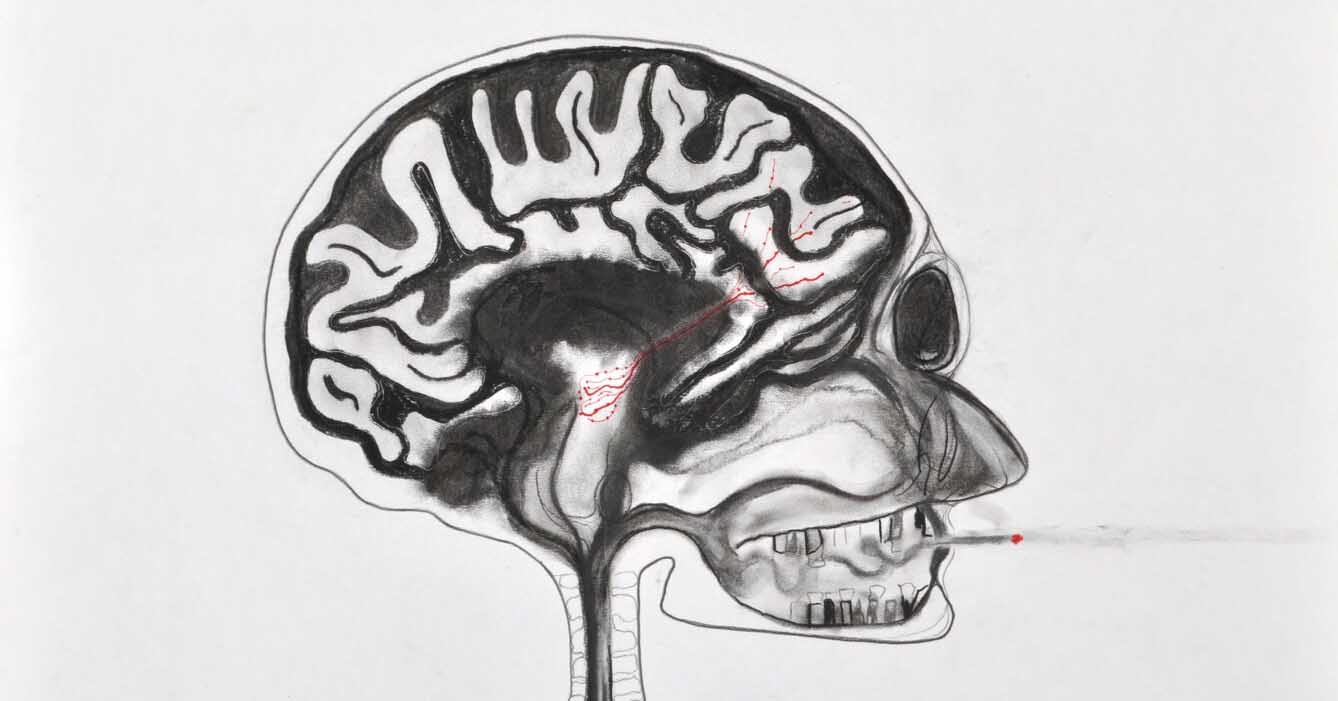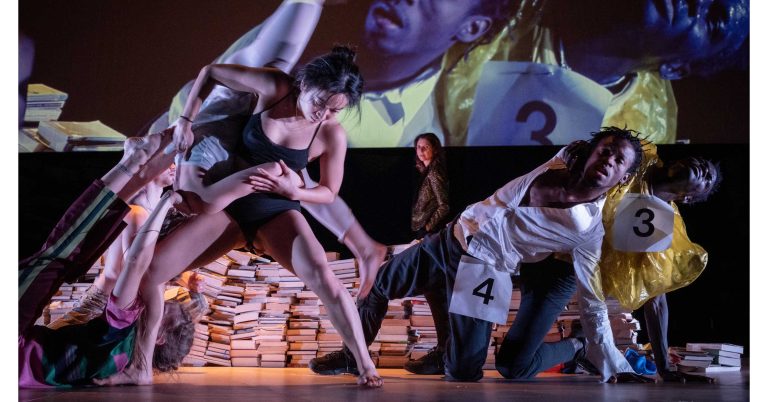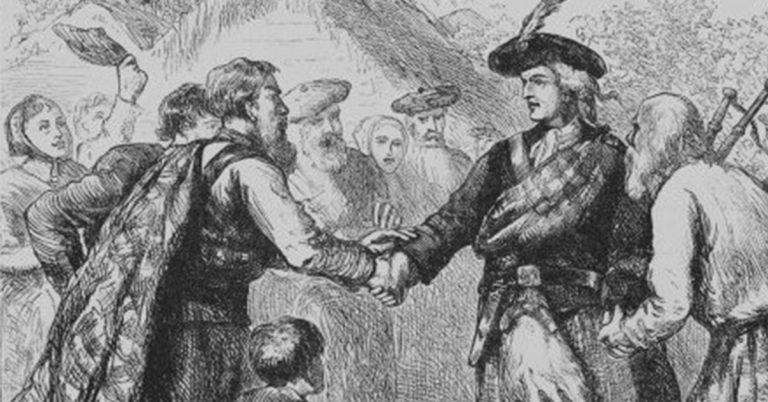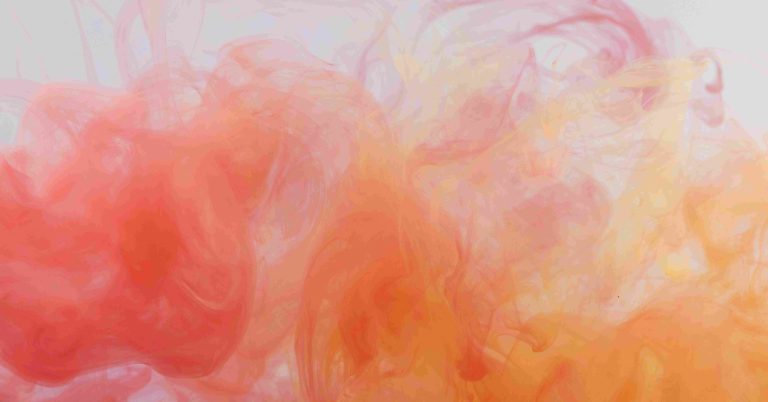
-
Q&A with Benjamin Dalton: Catherine Malabou and Contemporary French Literature and Film
Read more: Q&A with Benjamin Dalton: Catherine Malabou and Contemporary French Literature and FilmQ&A with Benjamin Dalton about his new book, which journeys through philosophy, literature, film and (neuro)science to discover how our bodies and brains transform throughout life.











